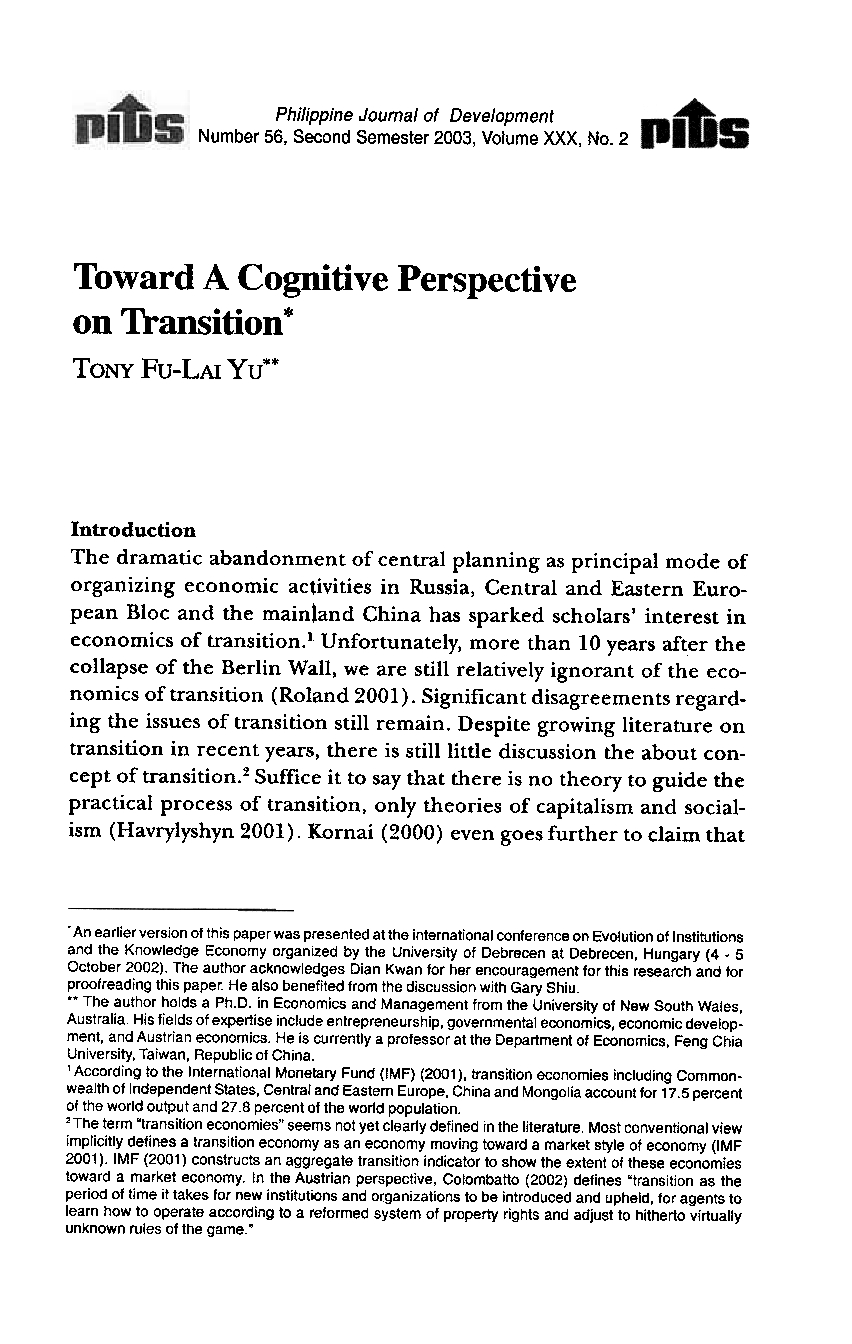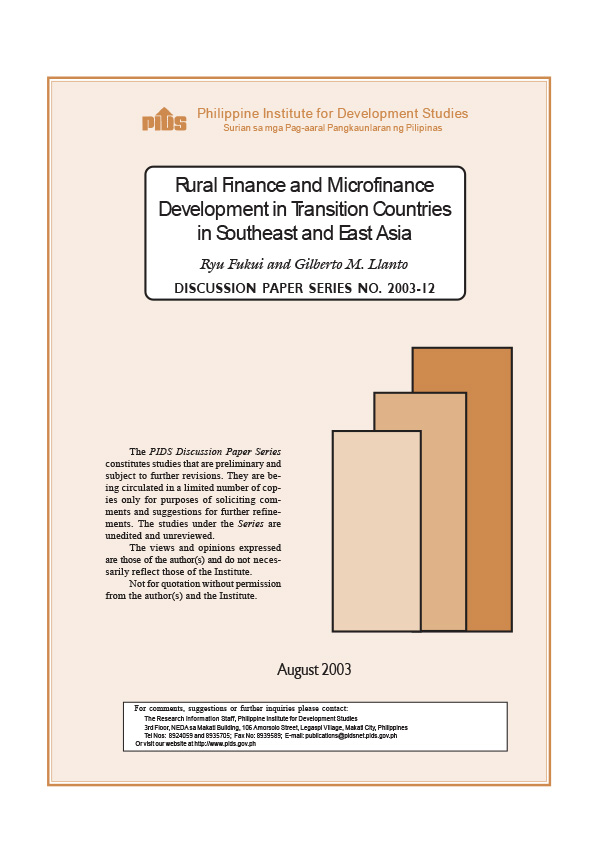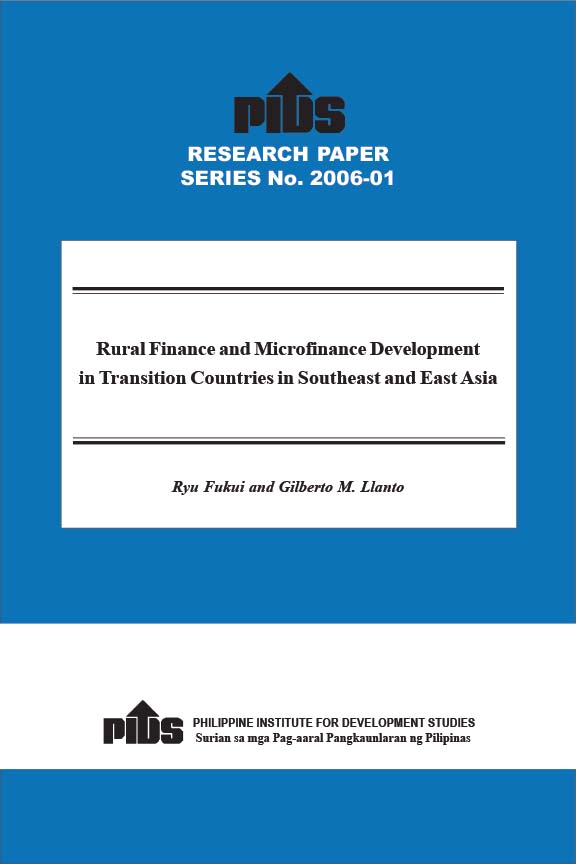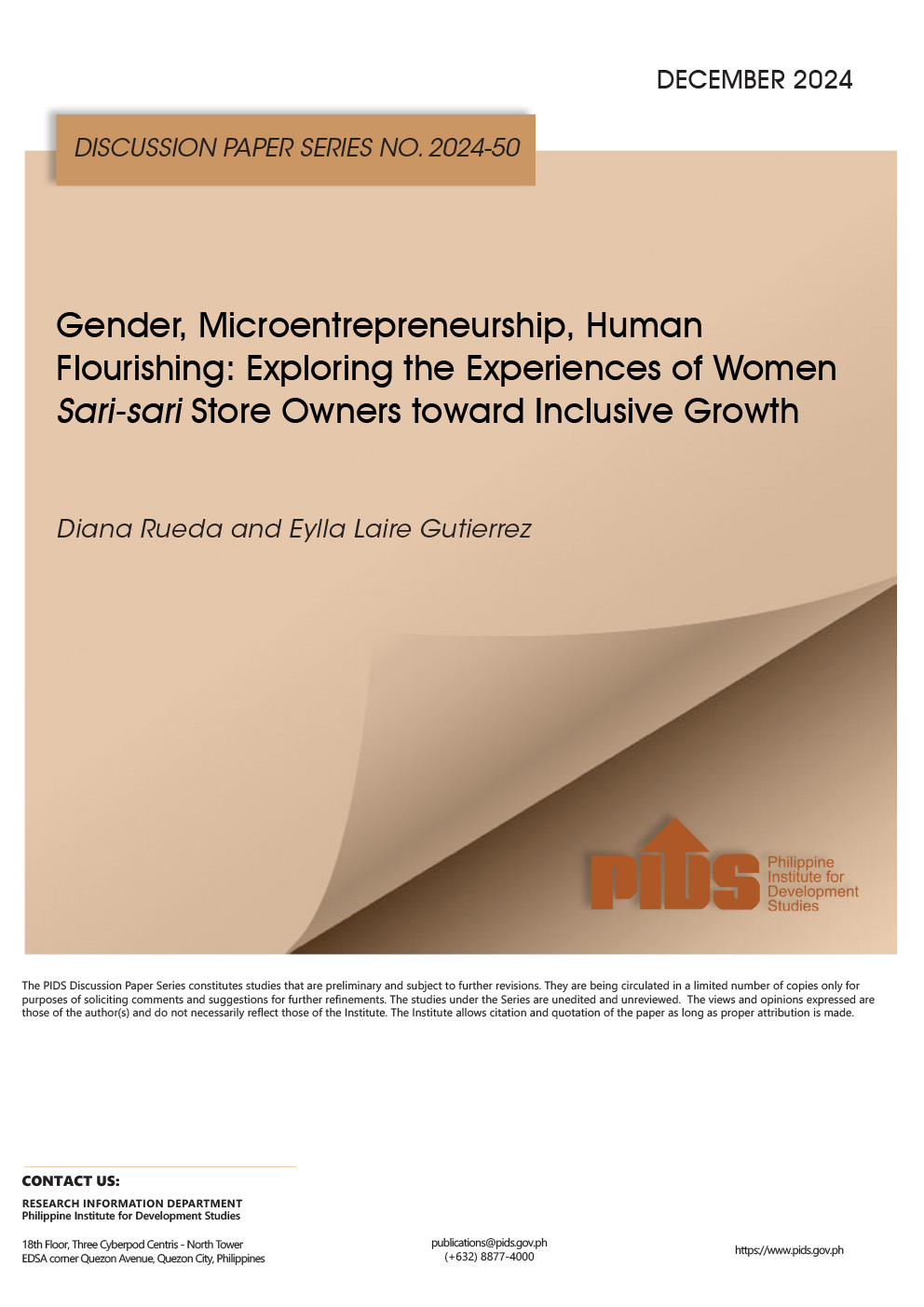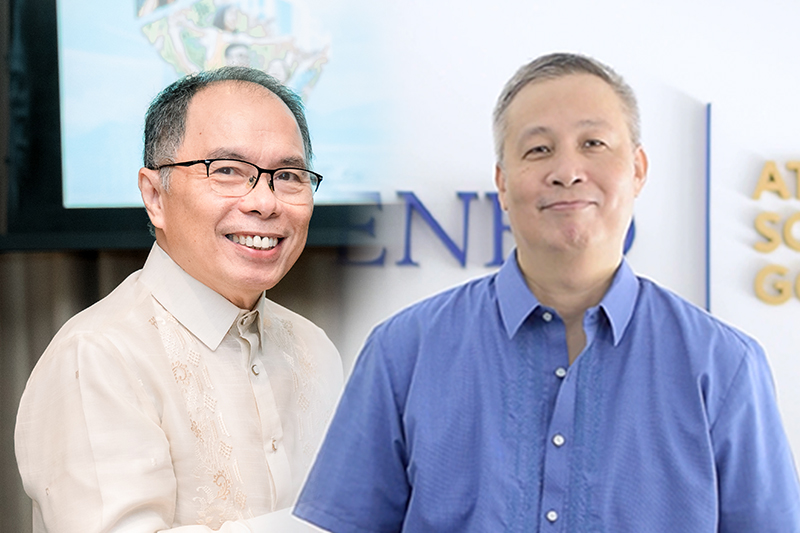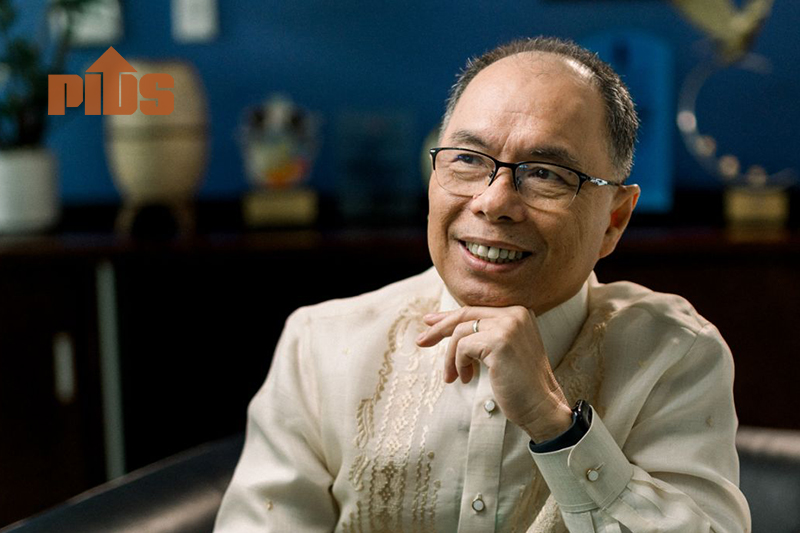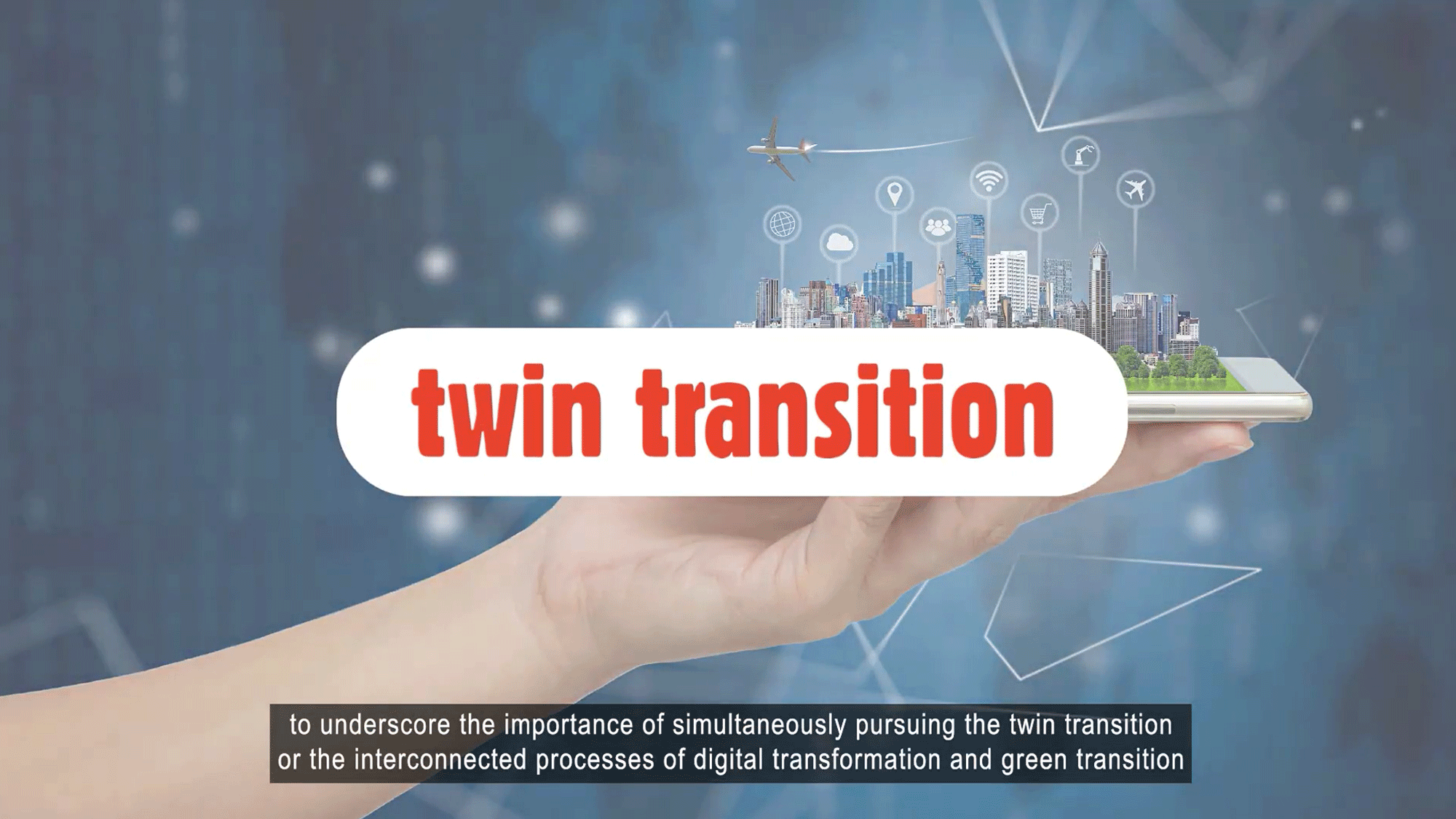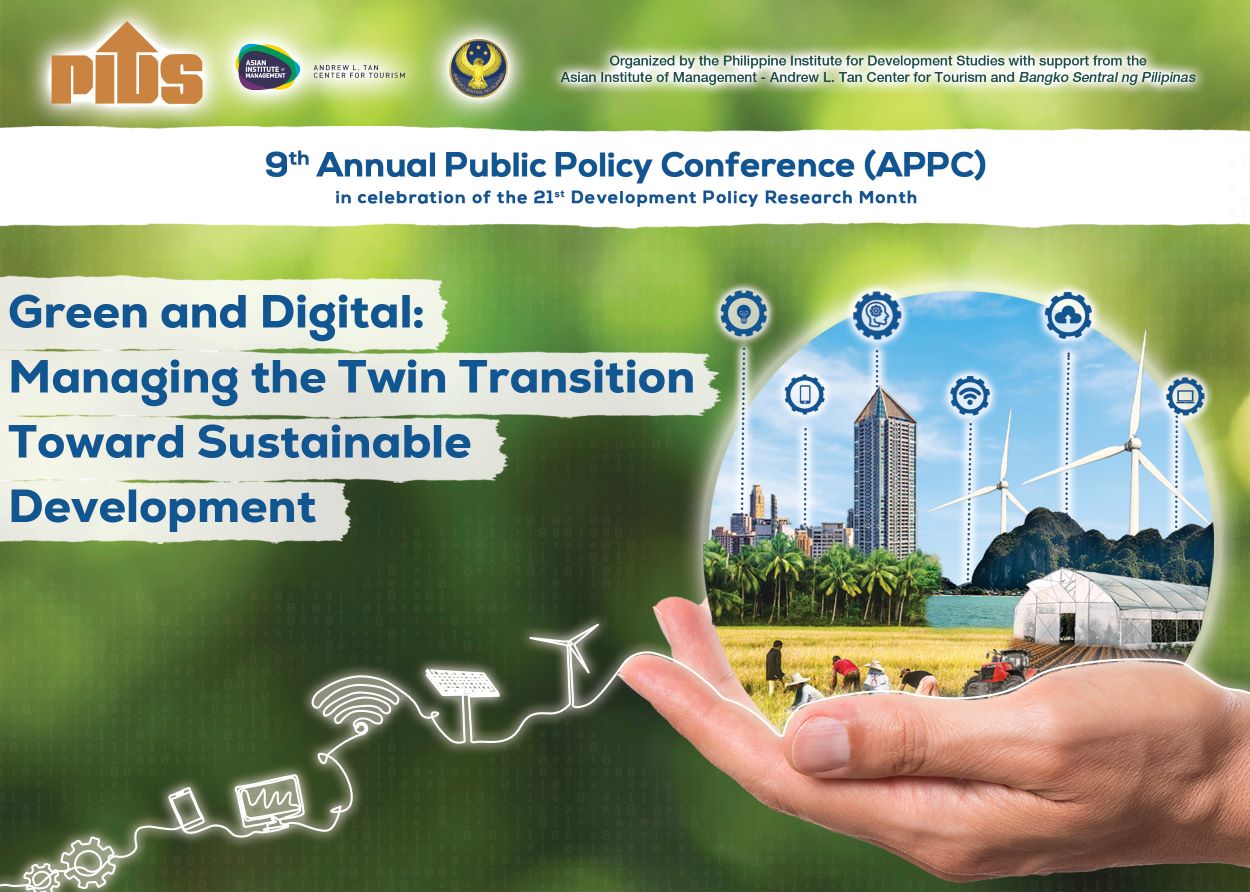The author carries out an interesting and uncommon analysis of economic transition and change in terms of human consciousness, perception, knowledge, learning, interpretation and response. He highlights the role of institutions in transition and argues that the real driving force, which is rarely the central thrust of analyses on transition, is the creativity of human agency--coordinated to underpin human institutions which represent society's stock of knowledge. Adopting Hayek's concepts, the author argues that the result of transition within this framework cannot be precisely known, and that there will be unintended consequences reflected in the institutions that eventually emerge--thoughts perhaps pertinent to "nontransition" countries, such as the Philippines where there are efforts aimed at comprehensive social transformation.

